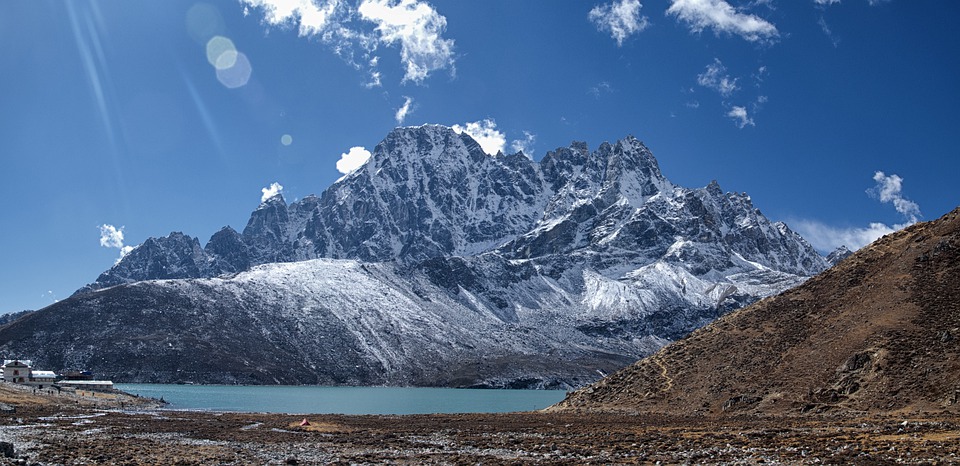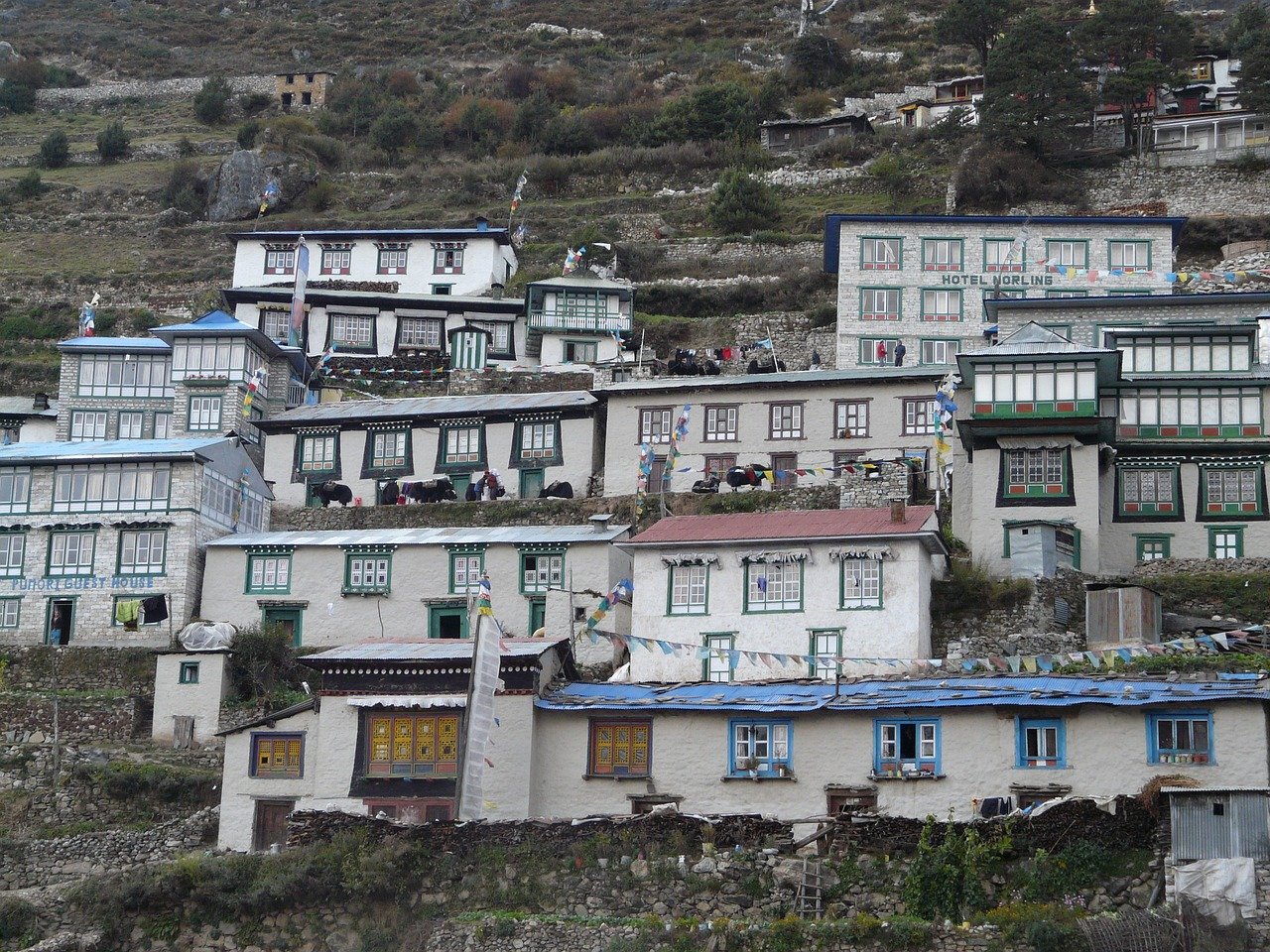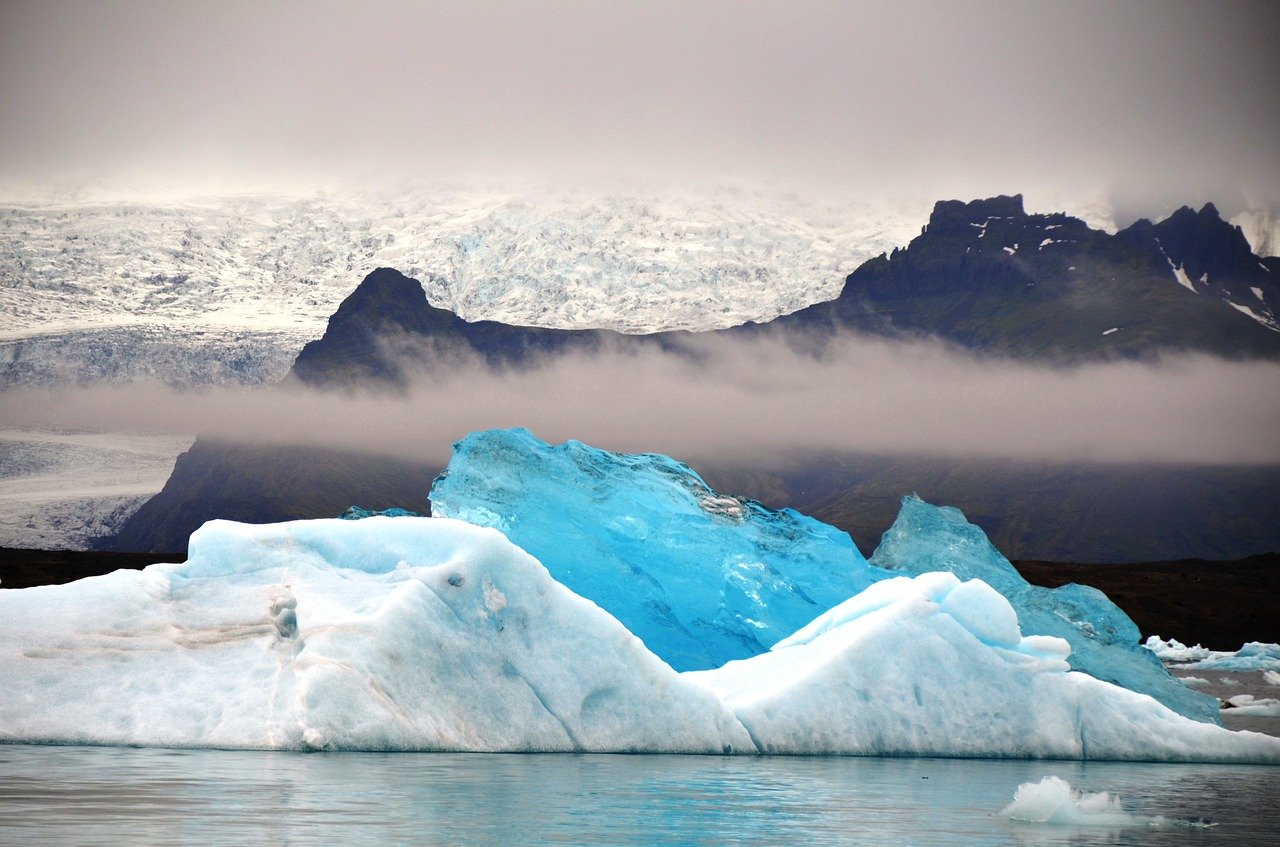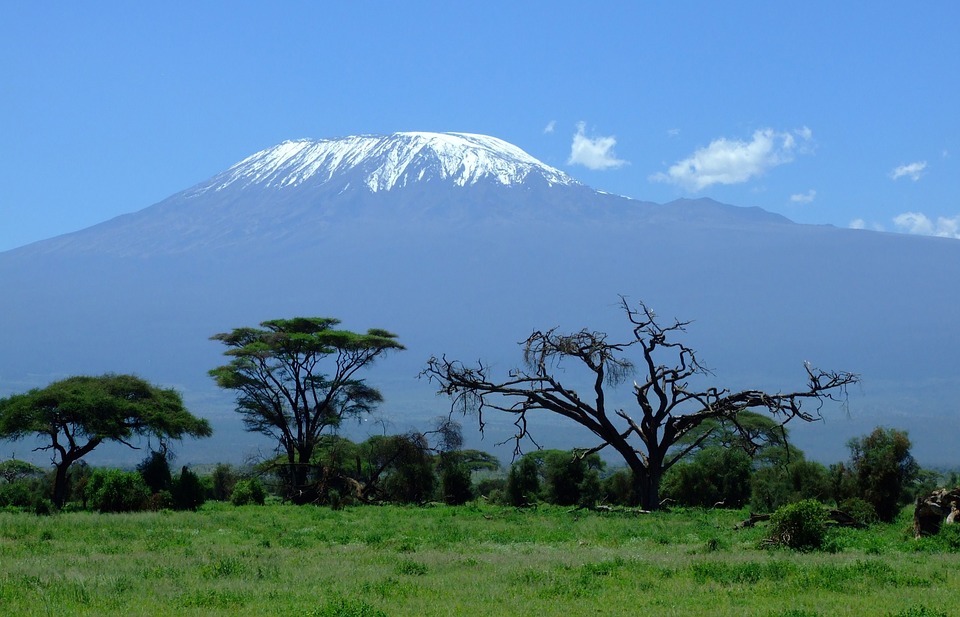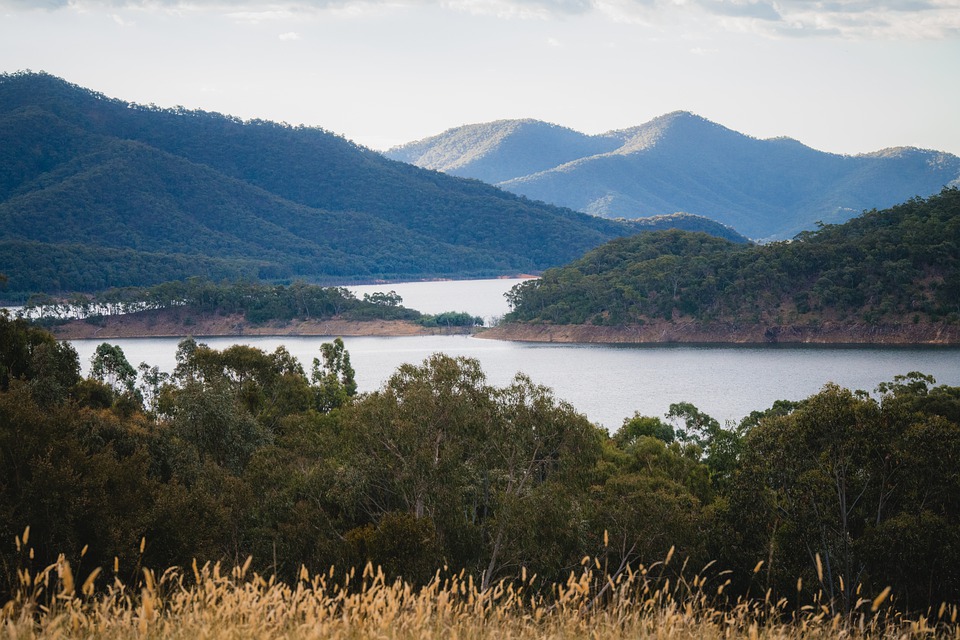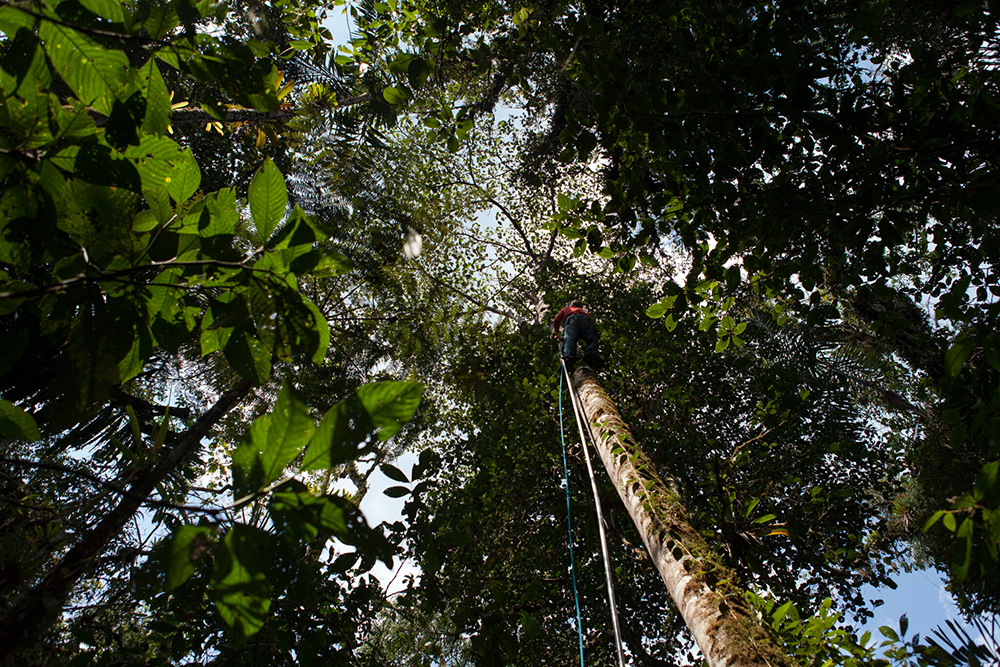News
- Details
- Category: MRI News
The European Geophysical Union (EGU) General Assembly 2021 took place virtually April 19-30. MRI Executive Director Carolina Adler, co-PI Christian Huggel, and Scientific Project Officer Gabrielle Vance convened the session 'Risks From a Changing Cryosphere, and Mountains Under Global Change' with Matthew Westoby and Michael Krautblatter.
Representing GEO Mountains, MRI Scientific Project Officer James Thornton hosted a dedicated splinter meeting, 'Interdisciplinary Environmental and Socio-Economic Observations in the World’s Mountains: Identifying Solutions to Key Challenges,' and presented recent progress 'Towards a definition of Essential Mountain Climate Variables.' Read more about GEO Mountains at EGU 2021 here.
- Details
- Category: Global News
The International Science Council invites comments on the Scientific and Technological Community Major Group position paper for the 2021 High-level Political Forum on Sustainable Development. We encourage the mountain research community to add a mountains perspective to this important document. Deadline 6 May 2021.
The International Science Council, together with the World Federation of Engineering Organizations (WFEO), leads the UN Major Group for Science and Technological Community (STC MG) for the Sustainable Development Goals (SDGs). Its mandate is to promote science and to strengthen the scientific basis of decision-making and governance of sustainable development.
- Details
- Category: Global News
An international research team including scientists from ETH Zurich has shown that almost all the world’s glaciers are becoming thinner and losing mass’ and that these changes are picking up pace. The team’s analysis is the most comprehensive and accurate of its kind to date.
Glaciers are a sensitive indicator of climate change – and one that can be easily observed. Regardless of altitude or latitude, glaciers have been melting at a high rate since the mid-20th century. Until now, however, the full extent of ice loss has only been partially measured and understood. Now an international research team led by ETH Zurich and the University of Toulouse has authored a comprehensive study on global glacier retreat, which was published online in Nature on 28 April. This is the first study to include all the world’s glaciers – around 220,000 in total – excluding the Greenland and Antarctic ice sheets. The study’s spatial and temporal resolution is unprecedented – and shows how rapidly glaciers have lost thickness and mass over the past two decades.
- Details
- Category: Global News
The Mountain Partnership calls for active participation in the process leading to the UN Food Systems Summit (UNFSS) 2021 in order to highlighting sustainable food systems in mountains.
Mountain agriculture and food production sustain the livelihoods of 1.1 billion people living in the mountains and those of a much larger number of people in the lowlands that depend on healthy mountain ecosystems for freshwater and for the conservation of key plant and animal biological diversity. Worldwide, more than 80 percent of all food is produced by small-scale farmers. Small-scale farmers and pastoralists are predominant in mountain regions, where generally harsh weather and limiting topographical conditions prevail. Progress towards sustainable food systems cannot happen without improving the situation of small-scale mountain farmers worldwide.
- Details
- Category: MRI Anniversary Lecture
Today marked the second event in the MRI Anniversary Lecture Series, celebrating 20 years since the MRI Coordination Office was founded in 2001. This series aims to showcase MRI synthesis workshop research and build capacity in the mountain research community.
- Details
- Category: News
Say It With Science, an initiative of the United Nations Foundation in support of the Intergovernmental Panel on Climate Change (IPCC), seeks to engage the mountain research community via creative art submissions that illustrate IPCC research and data; climate change facts and communication resources; and virtual events that bring together IPCC scientists and young climate advocates from around the world to dive deeper into how climate change affects daily life and explore issues like equality, jobs, and biodiversity.
- Details
- Category: MRI News
The Sustainability Research & Innovation Congress 2021 (SRI2021) is the world’s first transdisciplinary gathering on sustainability, a space to showcase sustainability scholarship, innovation, collaboration, and action. The MRI invites session contributions from early career researchers who seek to showcase key research findings on addressing systemic risks in mountain regions.
The deadline for flash talk proposals is 17 May 2021.
- Details
- Category: Global News
The Andes Mountains of South America are the most species-rich biodiversity hotspot for plant and vertebrate species in the world. But the forest that climbs up this mountain range provides another important service to humanity.
Andean forests are helping to protect the planet by acting as a carbon sink, absorbing carbon dioxide and keeping some of this climate-altering gas out of circulation, according to new research published in Nature Communications.




